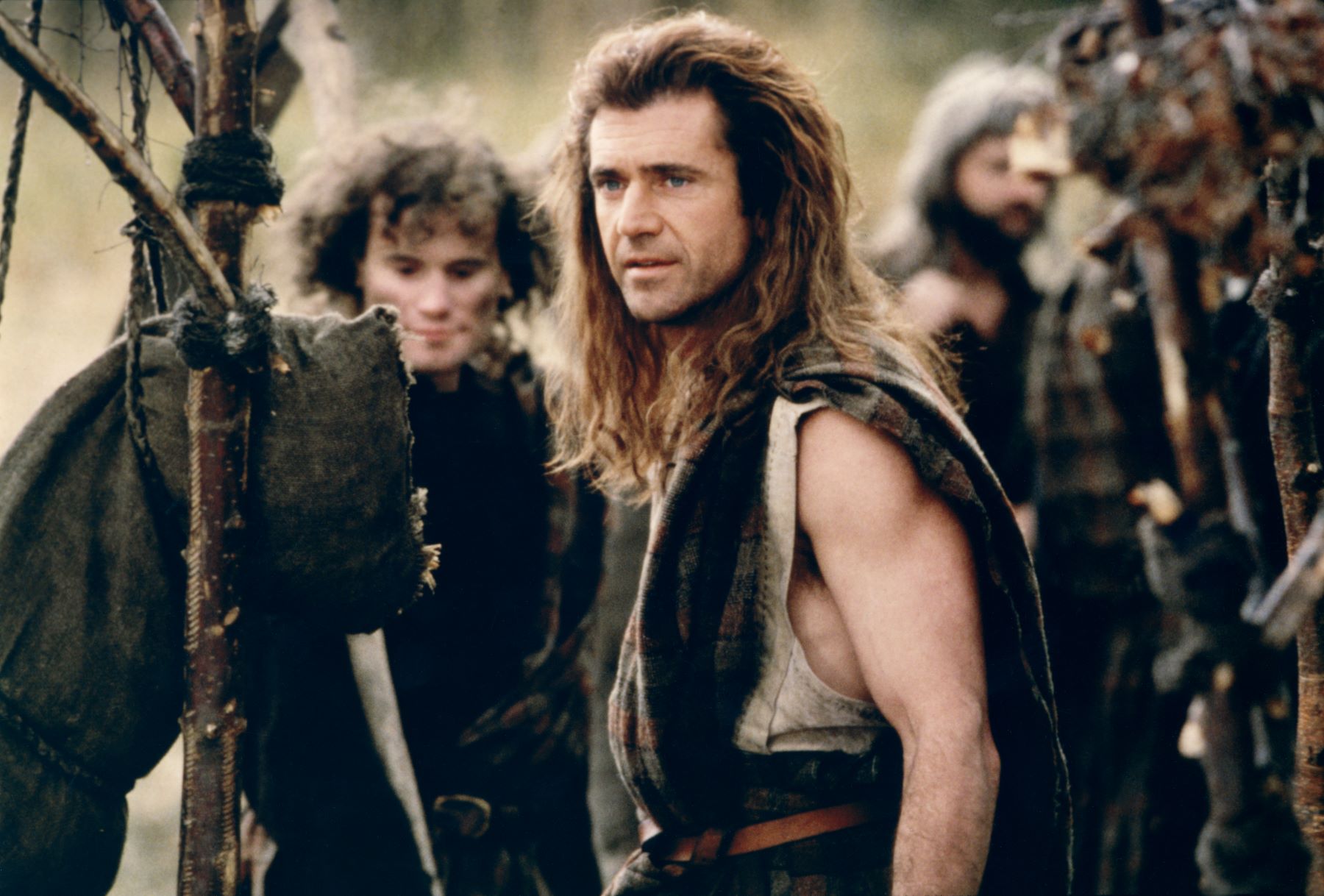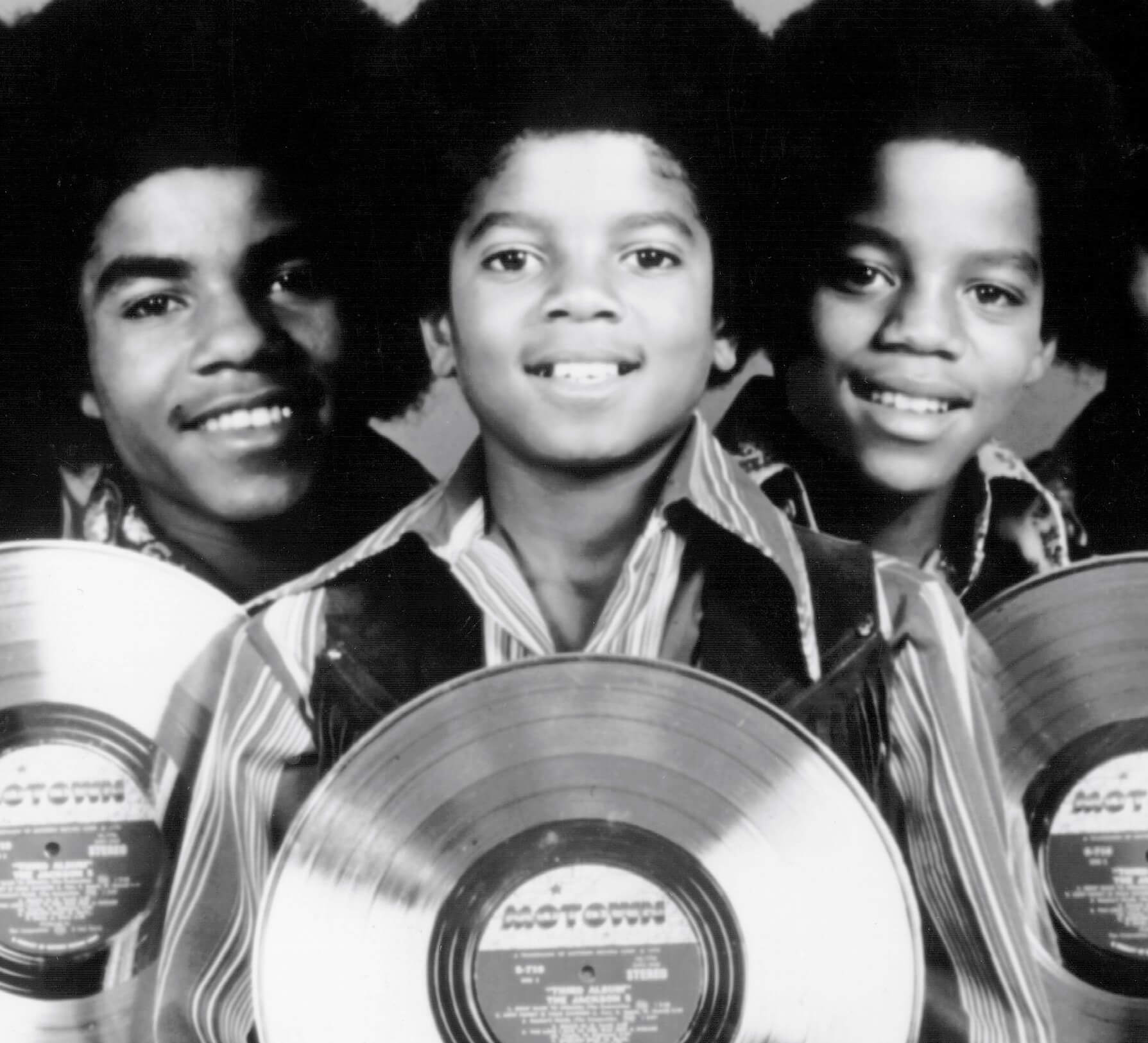‘Braveheart’: Mel Gibson Wasn’t Bothered By the Gross Historical Inaccuracies Portrayed in the Iconic Film
When it comes to historical dramas, they don’t make them any better than Braveheart. The 1995 Mel Gibson masterpiece was a hit with critics and moviegoers alike. However, while the film tells a stirring tale of Scottish folk hero William Wallace’s bravery and revolution, it’s not 100% historically accurate. Gibson knew this, but it didn’t bother him very much. Read on to find out why.
‘Braveheart’ had multiple historical inaccuracies

According to The Scotsman, there were numerous historical inaccuracies present in Braveheart, including:
- Edward Longshanks invokes the right of “Jus Primae Noctis” by Edward Longshanks, giving him the right as a medieval noble to legally have sex with any woman below his social class. Scholars dispute whether this was actually practiced, citing a lack of evidence.
- The scene of The Battle of Stirling Bridge is missing a depiction of the actual bridge near which it took place.
- The title of “Brave Heart” was used to refer to Robert the Bruce, not Wallace.
- Historians believe Wallace’s father, slain in the film when Wallace was a boy, would have actually been alive during his revolt.
Despite being widely beloved by most audiences, not everyone loved the film. In an article for The Herald citing why she didn’t like it, writer Alison Rowat commented that “In Mel’s Scotland the English were nasty and irredeemable and the F-word was worth suffering and dying for. Nothing else mattered.”
Why Mel Gibson focused on story and character over history
According to IMDb, the film’s screenwriter, Randall Wallace, had very little historical information to work with on the film’s subject when writing the screenplay. In fact, in Winston Churchill’s documented history of Great Britain, A History of the English Speaking People, there’s but a single line dedicated to him.
Mel Gibson heard the talk about the film’s not 100% accurate historical data. He didn’t have a problem with it, stating, “Some people said that in telling the story we messed up history. It doesn’t bother me because what I’m giving you is a cinematic experience, and I think films are there first to entertain, then teach, then inspire.”
He admitted that there may have been differences between the story he told and what really happened, admitting there were historical inaccuracies. However, Gibson wasn’t writing a biography. He was making a movie. He had to take some creative license to make it work on a big screen to do that effectively.
William Wallace wasn’t necessarily a great guy in real life
In going on about the film’s accuracy, Mel Gibson pointed out that the Scottish legend may not have been the best person, noting, “In some of the stuff I read about him, he wasn’t as nice as he was on film.”
He said they “romanticized” the historical figure to make him more sympathetic and likable to audiences. Gibson even went a step further, calling Wallace a “monster” and someone the Vikings would refer to as a “berserker.” Gibson admitted that they needed to portray Wallace as the film’s “good guy” and approached it with that bias in mind.
The truth is that Gibson had a responsibility to tell the story in the best way possible for the medium he was working in. Hollywood films are designed to tell stories in a precise manner, and Gibson had to conform to that in some ways that were unavoidable. That meant changing history when necessary.
That’s not to say that Gibson’s approach was formulaic. Quite the opposite – he won an Oscar for Best Director, so clearly, something he was doing was working.



